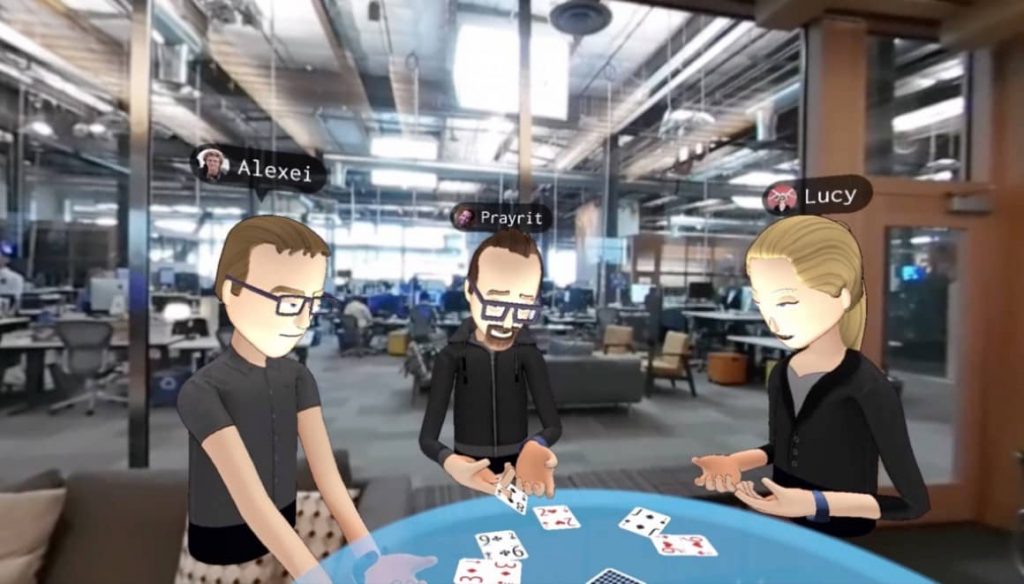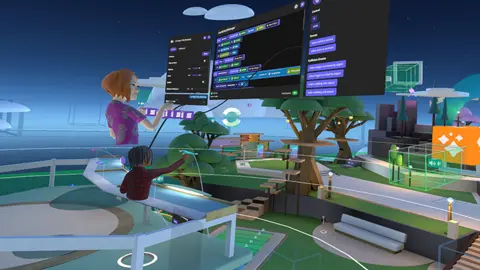Introduction: Beyond Traditional Gaming
In a world of accelerating technological development, new technologies are emerging that redefine how we interact with the digital world. Among these technologies, virtual reality (VR) stands out as one of the most exciting, especially when it comes to social interaction. VR is no longer limited to single-player games; it has become a vibrant platform for communication and social interaction, opening up new horizons for the future of human relationships. In this article, we will explore the world of social virtual reality games, highlight the most prominent platforms, and discuss how this trend is changing the future of digital interaction.

Social Virtual Reality Platforms: New Worlds for Communication
Social virtual reality platforms allow users to create virtual avatars that represent them and interact with others in immersive virtual worlds. Among the most prominent of these platforms are:
•VRChat: One of the most popular social virtual reality platforms, where users can create their own worlds and characters, and interact with millions of users from all over the world. VRChat is characterized by freedom of creativity and expression, and hosts a variety of social events, from music concerts to classrooms.
•Horizon Worlds: Meta's (formerly Facebook) social virtual reality platform, which aims to build an integrated metaverse. Horizon Worlds allows users to build their own worlds and interactive experiences, and provides easy-to-use tools for creativity and programming.
•Rec Room: A social platform that focuses on games and interactive activities. Users can play together in a variety of games, from paintball to bowling, as well as build their own rooms and games.

The Future of Digital Interaction: Deeper Relationships in Virtual Worlds
The rise of social virtual reality games represents a major shift in how we interact online. Instead of text or voice communication, virtual reality allows us to interact in a deeper and more natural way, through body language and facial expressions (in some modern platforms). This creates a sense of presence and being with others, which enhances social relationships and makes them more realistic.
In the future, it is expected that virtual reality will become an integral part of our daily lives, where we use it for work, study, entertainment, and communication with friends and family. The boundaries between the real and virtual worlds will blur, and we will be able to build strong relationships and cohesive communities in these new digital worlds.
Conclusion: The Beginning of a New Era of Communication
In conclusion, social virtual reality games represent the beginning of a new era of human communication. They are not just games, but integrated social platforms that allow us to build real relationships in virtual worlds. As this technology continues to evolve, we can expect a future where digital interaction becomes richer and deeper than ever before. Are you ready to join this new world?

